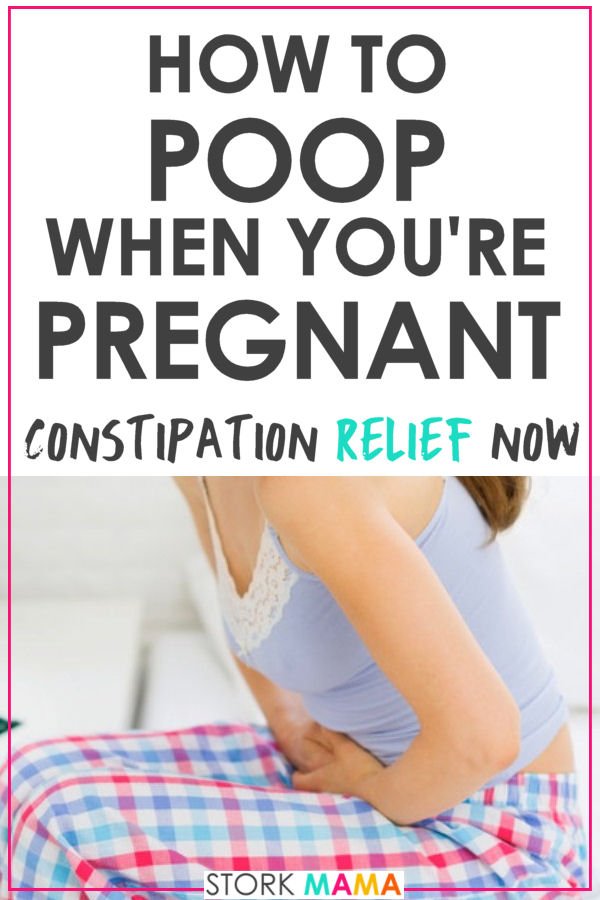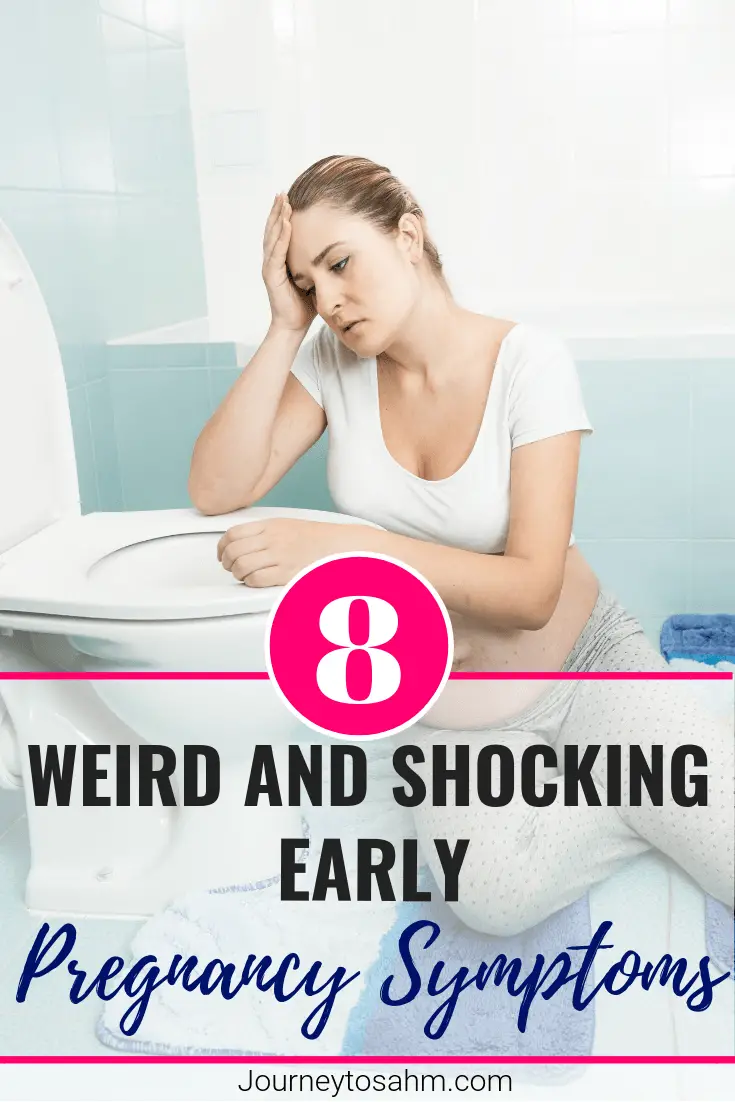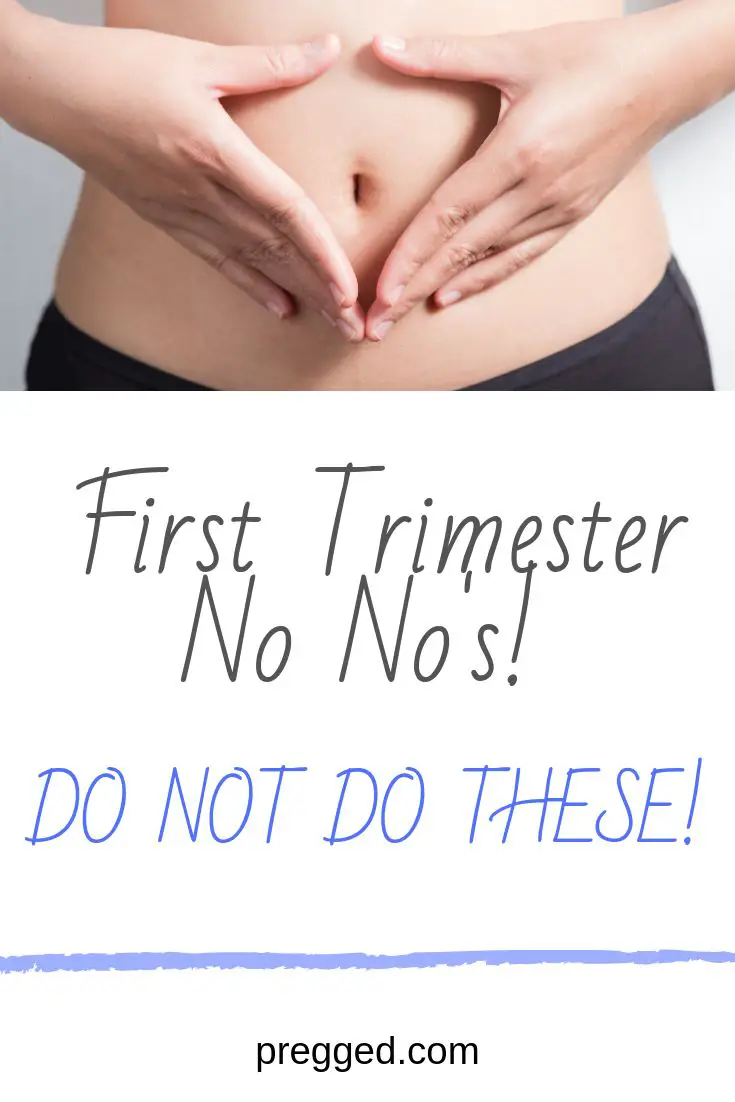Implantation Symptoms: Can You Experience Signs Of Conception
Are dealing with PMS or early signs of conception? Heres what you need to know about common implantation symptoms, including bleeding and cramping.
When trying to conceive, people pay extra attention to their body, hoping to discover symptoms of implantation. “Implantation is when a fertilized egg implants itself into the lining of the uterus and starts to construct the placenta and embryo,” says Jingwen Hou, M.D., Ph.D., an OB-GYN specializing in reproductive endocrinology and infertility at Kaiser Permanente in Hawaii. Implantation usually occurs one to two weeks after ovulation, and it signals the beginning of a pregnancy.
Can women tell when implantation occurs? The short answer is no. “We don’t usually talk about symptoms of implantation. Rather, we talk about early pregnancy symptoms,” says Dr. Hou. “There is no single symptom or symptoms indicating that implantation is about to or is happening.”
That said, Dr. Hou explains that some women may experience minor bleeding or spotting, which may be related to implantation. Here’s what you need to know about the most common signs of implantation, and what they tell you about conception.
Implantation Bleeding Vs Period Bleeding
Implantation bleeding and cramping can easily be mistaken for the onset of your monthly cycle, but whats happening in your body is completely different. There are differences between implantation bleeding and period bleeding in terms of flow amount, duration of bleeding, pain and the color of the blood.
Heres a quick comparison so you can know how to recognize implantation bleeding or spotting:
Implantation Bleeding
- Flow: Light or spotting, generally not enough to soak a tampon or pad
- Duration: 1-2 days or less
- Cramping: mild or moderate tightening, pricking or pulling feeling in the lower abdomen as the egg implants
- Consistency: often thinner or more watery
Period Bleeding
What Causes Spotting During Pregnancy
Implantation bleeding is a common cause of spotting early on in pregnancy. Implantation bleeding happens when the fertilized egg attaches to the uterine lining. This can trigger a few days of light bleeding or spotting. This spotting occurs before a woman even knows she is pregnant and is often mistaken as a pending period. Bleeding that occurs after the day a woman expects her period is typically too late to be considered implantation bleeding, and is more likely related to early pregnancy in general.
Another common cause of spotting is a cervical polyp , which is more likely to bleed during pregnancy due to higher estrogen levels. This may occur because there is an increased number of blood vessels in the tissue around the cervix during pregnancy. As a result, contact with this area can cause bleeding.
Even without the presence of a cervical polyp, there are a few things that may cause some spotting in the couple days after:
- Sexual intercourse
- Gynecological exam, such as a vaginal ultrasound
- Heavy lifting/excessive exercise
Don’t Miss: Kt Tape Pregnancy Round Ligament Pain
Constipation In Pregnancy Treatment And Prevention
If constipation is your issue, there are a few ways to get things, er, moving along. Here are some tips from the American Congress of Obstetricians and Gynecologists ‘s consumer pregnancy book, Your Pregnancy and Childbirth Month to Month.
- Drink plenty of liquids, especially water and prune juice or other fruit juices.
- Eat high-fiber foods, such as fruits, vegetables, beans, whole-grain bread, and bran cereal. Aim for about 25 grams each day.
- Walk or do another safe exercise every day. A simple walk around the block will help things get moving.
- Try eating smaller meals more frequently.
- Ask your doctor about bulking agents such as FiberCon, which add fiber and water to your digestive system, or stool softeners.
Here’s the good news: bowel problems don’t really affect a pregnant woman’s quality of life all that much. But if you’ve been spending more time in the bathroom than usual lately, at least you know you’re not alone!
Relieving Constipation In Pregnancy

With good reason, only a few medicines are licensed for the treatment of constipation in pregnancy. MICROLAX® Enema has established itself as a laxative for pregnant women over many years and is well tolerated, even by children under 3 years old. It takes effect locally in the rectum, so there is no fear of it having any effect on your unborn baby. A further benefit: MICROLAX® Enema acts within 30 minutes so your pregnancy can be a pleasurable experience untroubled by any tiresome discomfort.
Find out more here about the gentle mode of action of MICROLAX® Enema.
Read Also: Sore Breasts After Mirena Removal
Are Cramps Normal During Early Pregnancy
Stomach cramps during early pregnancy are relatively common. If you get a few stomach cramps during the first trimester of pregnancy, its probably not a cause for alarm. These cramps are typically part of the normal physical changes in the body that occur in preparation for the baby.
Very early in your pregnancy, you may get cramps as well as light bleeding when the embryo is implanted into the wall of the uterus. This process can sometimes lead to implantation cramps and bleeding. As the pregnancy progresses, you may also feel cramping as your uterus changes and stretches to accommodate the baby.
In the following sections, we will talk about the causes of pregnancy cramps and when to call your health care provider.
Causes Of Pregnancy Constipation
Pregnant women experience constipation partly because of high levels of progesterone. “This hormone causes the muscles in the wall of the bowel to relax so they’re not making the contractions needed to help move things along,” says Dr. Rabin, associate professor of clinical obstetrics and gynecology and women’s health at the Albert Einstein College of Medicine, in New York City. “Plus, as your pregnancy progresses, your uterus enlarges and presses down on your bowels, which can slow their ability to empty.”
- RELATED: Your Pregnancy Symptoms Week by Week
Yet another culprit may be the iron in your prenatal vitamin or the iron supplement you may be taking because of anemia. Lastly, giving up caffeine, which naturally keeps the bowels moving, can be another cause of constipation.
So when does constipation in pregnancy start? It can appear around the second or third month, and it may stick around until Baby makes an appearance.
Also Check: Can I Put Braces While Pregnant
Is Constipation An Early Sign Of Pregnancy Or Period
How does pregnancy cause constipation? Is constipation and bloating a sign of pregnancy or period? Early pregnancy signs are almost similar to the premenstrual symptoms. It is not easy for many women to tell the difference.
Increase in progesterone hormone during ovulation and pregnancy leads to muscle relaxation. Thus the bowel tends to produce more gas and the wind during pregnancy or even before a period.
Constipation itself is a cause of bloating and gas in many cases, especially during early pregnancy. You are advised to stay away from gas-producing foods such as beans and onions. Always find alternative foods to help you stay healthy right from the start of your pregnancy. While there are other signs of pregnancy and period, constipation should never be ignored.
When Can I Expect Constipation To End While I’m Pregnant
For some women, constipation lasts throughout pregnancy as progesterone levels peak. However, if you change up your eating and exercise habits, things usually begin moving more smoothly. And you can take steps to combat constipation at any point during your pregnancy.
From the What to Expect editorial team and Heidi Murkoff, author of What to Expect When You’re Expecting. What to Expect follows strict reporting guidelines and uses only credible sources, such as peer-reviewed studies, academic research institutions and highly respected health organizations. Learn how we keep our content accurate and up-to-date by reading our medical review and editorial policy.
Read Also: Vagisil And Pregnancy
Do And Don’ts In 1st Month Of Pregnancy
Don’ts for the First TrimesterDo not consume any junk foods as they lead to an increased risk of gestational diabetes since they are high in sugar and calorific content. Smoking, alcohol and caffeine consumption should be avoided. If you’re pregnant, whatever you put into your body reaches your baby too.
Pregnancy Sign: Lower Pelvic Cramping
Pelvic cramping as an early pregnancy sign? Yep, it can be, according to Nordahl. That might seem counterintuitive, as cramps are super-typical symptoms of Aunt Flow. You were probably hoping that being pregnant meant you could kiss cramps goodbye, but sadly thats not the case. Light cramps can be caused by early pregnancy hormonal shifts and implantation of the fertilized egg on your uterine lining.
Read Also: Kinesio Tape For Pregnancy Round Ligament Pain
What Can I Do To Help Prevent Constipation
There are several lifestyle changes you can make that help prevent constipation:
Home Remedies For Constipation During Pregnancy

If youd rather not take a stool softener or your doctor has hesitations, rest assured there are a few ways to try to relieve constipation during pregnancy at home without medication. These include:
-
Upping your fiber intake. Fiber helps increase the weight and size of your poop while also softening it, making it easier to pass, according to the Mayo Clinic. One delicious way to do this is to blend your favorite fruits and vegetablesfrozen or freshinto a smoothie, Lamppa says. Give it a bigger boost by adding some chia seeds.
-
Drinking more water. Its important to make sure youre adequately hydrated while pregnant. This can help regulate many bodily functions, including your ability to poop. Whats more, water can soften stools, making them easier to pass, Greves says.
-
Getting more exercise. Being active can help move things along in your intestines as well. Increasing physical activity such as walking and low-impact exercise can be beneficial, Cackovic says.
-
Switching up your prenatal vitamin. You may want to take a break from the typical prenatal vitamin that contains iron, which can cause constipation to worsen, Lamppa says. Using a prenatal gummy thats iron-free for a while may help. But she adds this caveat: You dont want to do this for the entire pregnancy because supplemental iron is important.
Also Check: Giving Plasma While Pregnant
How To Ease Constipation
You can ease constipation by:
- drinking plenty of water – try to have 10 glasses of water a day, about 2.3 litres
- eating foods that are high in fibre every day – vegetables, wholegrain breads, porridge, fruit, dried fruits, vegetables, beans and lentils
- staying active – try walking, swimming, pregnancy yoga or pilates
- going to the toilet when you first feel the urge to have a bowel motion – give yourself plenty of time and take some deep breaths to help relax the pelvic floor
Only take iron supplements if your GP or midwife has said you need them.
My Child Hates Their Playpen What Do I Do
Am I pregnant?
One of the special things about pregnancy is that no two women experience it in the same way. One woman doesn’t stop vomiting for weeks in the first trimester, and another might never even feel nauseous .
There are several early signs of pregnancy. Some of them are subtle, and you may not notice them right away, or you may mistake them for PMS since they are similar. In fact, in one study, 29% of women reported that missing their period was their first clue that they were pregnant.2
You’ll probably want to know if you’re pregnant sooner rather than later since it’s important to receive appropriate prenatal care and discontinue any unhealthy habits you may have.
If you are experiencing any of the symptoms below, and if you’ve missed a period, you should definitely take a pregnancy test. It’s the only way to know for sure if you’re pregnant or not.
You May Like: Can You Donate Plasma While Breastfeeding
Other Implantation Signs And Symptoms
According to Dr. Chloe Acevedo, an OB-GYN at Atlantic Medical Group Women’s Health in Westfield, New Jersey, other implantation symptoms include nausea, sore boobs, darkening of the areolas, fatigue, headaches, bloating, mood swings, metallic taste, and changes in appetitealthough these symptoms are more closely associated with early pregnancy. What’s more, “implantation symptoms can sometimes be confused with PMS symptoms, which can be vague and nonspecific,” says Dr. Acevedo. “It’s important to understand that symptoms are not diagnostic and the only way to confirm if symptoms are due to implantation or PMS is with a pregnancy test.”
Sore Boobs: The pregnancy hormone hCG, estrogen, and progesterone may make your boobs very sensitive to the touch. This happens 1-2 weeks after conception, and it’ll feel more pronounced than normal PMS soreness.
Nausea: Since your digestive system slows down after getting pregnant, some women experience nausea, constipation, and indigestion . Progesterone and hCG hormones also contribute to these conception symptomsand so does the heightened sense of smell that many pregnant women experience.
Darkening of the Areolas: Pregnancy hormones affect nipple cells and cause them to darken.
Fatigue: As your body prepares to grow a baby, you may feel more tired than normal. You can partly blame fatigue on the rise of progesterone and increased blood production.
- RELATED: Your Pregnancy Symptoms Week by Week
Weight Gain During Early Pregnancy
Weight gain becomes more common toward the end of your first trimester. You may find yourself gaining about 1 to 4 pounds in the first few months.
Calorie recommendations for early pregnancy wont change much from your usual diet, but they will increase as pregnancy progresses.
In the later stages, pregnancy weight often shows up in the:
- breasts
- uterus
Hormones can cause the valve between your stomach and esophagus to relax. This allows stomach acid to leak, causing heartburn.
Don’t Miss: Can Donating Plasma Hurt An Unborn Baby
What Remedies Should Not Be Used For Constipation During Pregnancy
Laxative pills are NOT recommended for the treatment of constipation during pregnancy because they might stimulate uterine contractions and cause dehydration. Talk to your doctor about taking an over-the-counter fiber supplement or a laxative or stool softener.
Mineral oils should NOT be used during pregnancy because they reduce nutrient absorption.
How Soon Can You Find Out If Youre Pregnant
The symptoms of pregnancy explained above are the most common ones but often the signs and symptoms experienced are very mild and easily attributed to other reasons.
If you frequently experience headaches and can confidently chalk your mood swings up to, say, a social media article that just set you off, looking for stronger indicators like morning sickness and changes in discharge would be a good start.
If you do notice a cluster of symptoms, following up with a home pregnancy test is your best next move.
Don’t Miss: Is It Safe To Use Vagisil Cream While Pregnant
Early Changes To Breasts: Tingling Aching Growing
Breast changes can occur between weeks 4 and 6. Youre likely to develop tender and swollen breasts due to hormone changes. This will likely go away after a few weeks when your body has adjusted to the hormones.
Nipple and breast changes can also occur around week 11. Hormones continue to cause your breasts to grow. The areola the area around the nipple may change to a darker color and grow larger.
If youve had bouts with acne before your pregnancy, you may experience breakouts again.
Peeing A Lot In Pregnancy

Needing to pee a lot often starts in early pregnancy and sometimes continues until the baby is born. In later pregnancy, it’s caused by the baby’s head pressing on your bladder.
If you find you need to get up in the night to pee, try cutting out drinks in the late evening. However, make sure you drink plenty of non-alcoholic, caffeine-free drinks during the day to stay hydrated.
Later in pregnancy, you may find it helps to rock backwards and forwards while youre on the toilet. This lessens the pressure of the womb on the bladder so you can empty it properly.
If you have any pain while peeing or you pass any blood in your pee, you may have a urine infection, which will need treatment.
Drink plenty of water to dilute your pee and reduce pain. You should contact your GP within 24 hours of noticing these symptoms. Read more about urinary tract infections .
Don’t take any medicines without asking your midwife, doctor or pharmacist whether they’re safe in pregnancy.
Don’t Miss: Accidentally Donated Plasma While Pregnant
When To See A Health Care Provider About Your Early Pregnancy Cramps
Although early pregnancy cramps are usually normal and not life threatening, its also important to see your health care provider if the cramps become severe. Your health care provider can rule out any conditions such as miscarriage, ectopic pregnancy, or infectious diseases that may affect you or your baby. Here are a few signs and symptoms to watch out for. Make sure to see your health care provider if you experience any of these:
- Bleeding If your cramps are accompanied by any amount of blood, consult your health care provider as soon as possible.
- Severe pain If you experience severe cramps that dont go away and are getting worse, head to the hospital immediately.
References
How Is Constipation During Pregnancy Diagnosed
Your healthcare provider may ask you how much youre pooping and what your stools look like. Other questions about your daily habits can help your provider find out whats likely causing your constipation or making it worse. Your provider may ask:
- What your diets like and how much youre drinking each day.
- If youre exercising or getting enough physical activity.
- What medicines or supplements youre taking.
You May Like: Accidentally Donated Blood While Pregnant

